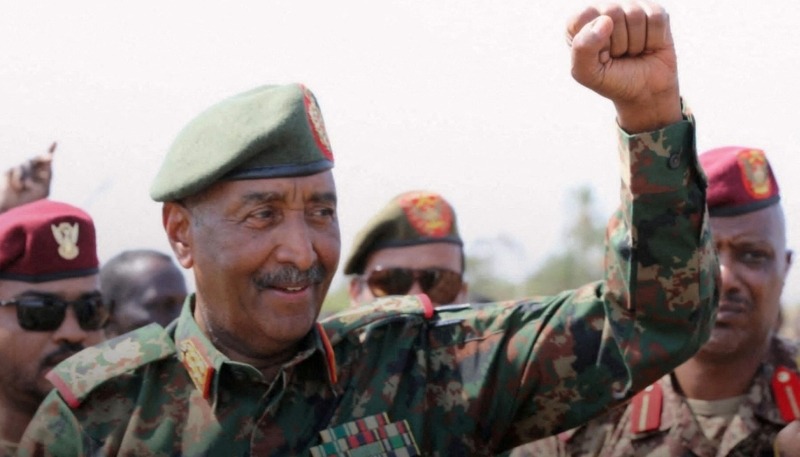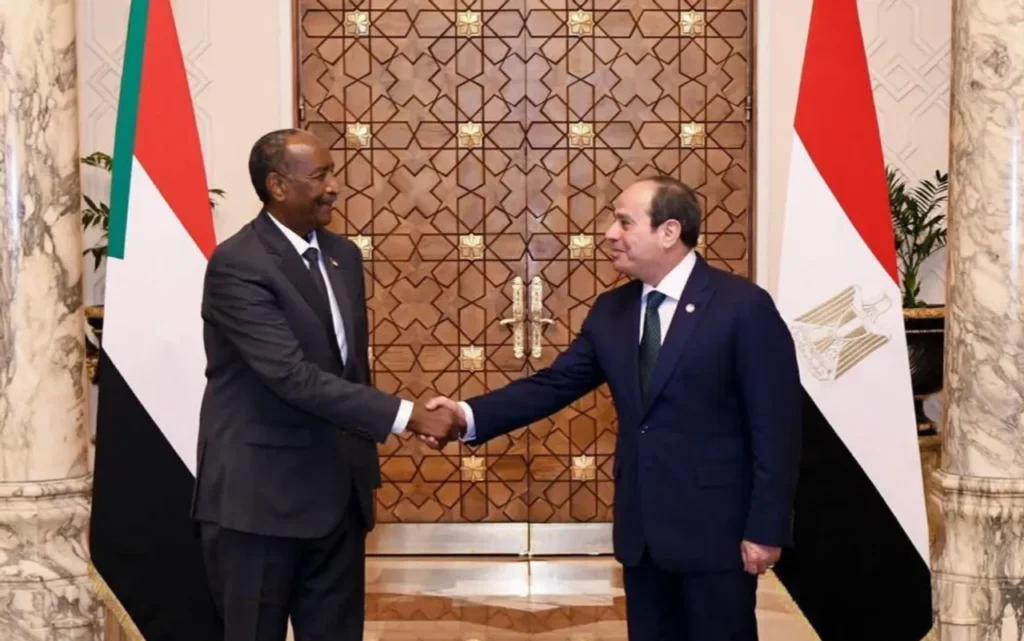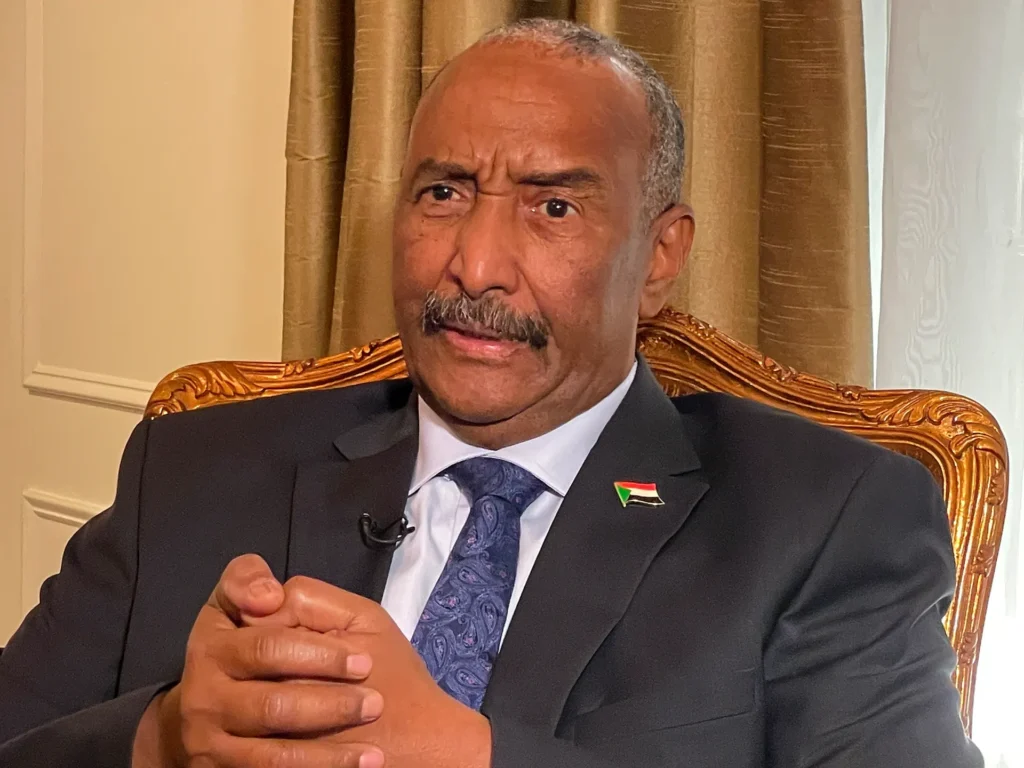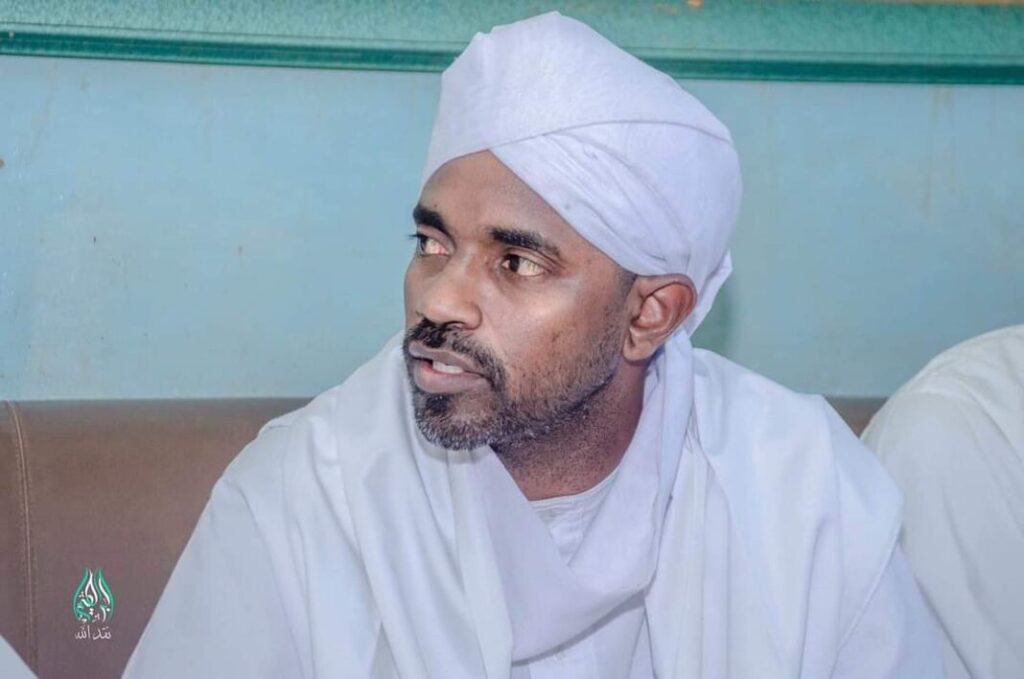
Abdel Fattah al-Burhan, who rose to power over the wreckage of blood and devastation, has now crossed every conceivable boundary of failure in governing a country fighting for its survival. Today, he faces serious accusations of deploying chemical weapons against civilians in Darfur and other conflict areas, a development that highlights not only a deep moral collapse within the military leadership, but also his single guiding objective, to remain in power, no matter the cost or the lives lost.
Since seizing authority through a military coup, Burhan has presided over a Sudan defined by fragmentation and chaos. State institutions have withered, the economy has collapsed, and governance has turned into nothing more than an improvised struggle for control. His failure is not a mistake of judgment, it is a systemic failure rooted in the absence of vision or conscience. Under his rule, the army has been transformed from a national institution into a political weapon to protect his authority, rather than the nation.
Politically, Burhan has shown no ability to build consensus or chart a path towards civilian rule. Every promise of democratic transition was a façade, used to buy time and preserve military dominance. The result has been the disintegration of Sudan into competing armed enclaves, where political life has devolved into tribal and factional conflict, managed and inflamed by security networks operating from the shadows.
Militarily, Burhan has lost the very war he initiated. The Sudanese army has eroded from within, weakened by corruption, internal rifts and confused leadership. The conflict with the Rapid Support Forces has become a national inferno, where civilians continue to pay the price in displacement, hunger and death. With international reports now pointing to possible chemical weapons use, Burhan’s role moves from military failure to direct implication in war crimes.
Economically, Sudan is living through its worst period since independence. The currency has collapsed, production has halted, and hunger threatens millions. And yet, Burhan still speaks of “sovereignty,” despite having handed over the country’s political decisions to foreign capitals in exchange for staying in power.
Burhan’s continued leadership means continued ruin, not because his rivals are flawless, but because his presence has become the core of the crisis itself. There can be no state of law while those responsible for civilian bloodshed rule without accountability. Every airstrike, every mass displacement, every killing is a documented crime awaiting judgment, and justice does not expire.
Burhan today is not the guardian of the state, he is the symbol of its collapse. Sudan does not need another general, it needs the end of the era of generals.
It needs a civilian state that protects life rather than destroys it, a state that does not starve its people in the name of security, nor kill them in the name of unity.
Whatever images Burhan tries to project abroad, the memory Sudanese people will retain is clear.
A general who lost the war, betrayed the revolution, and burned his own country.




